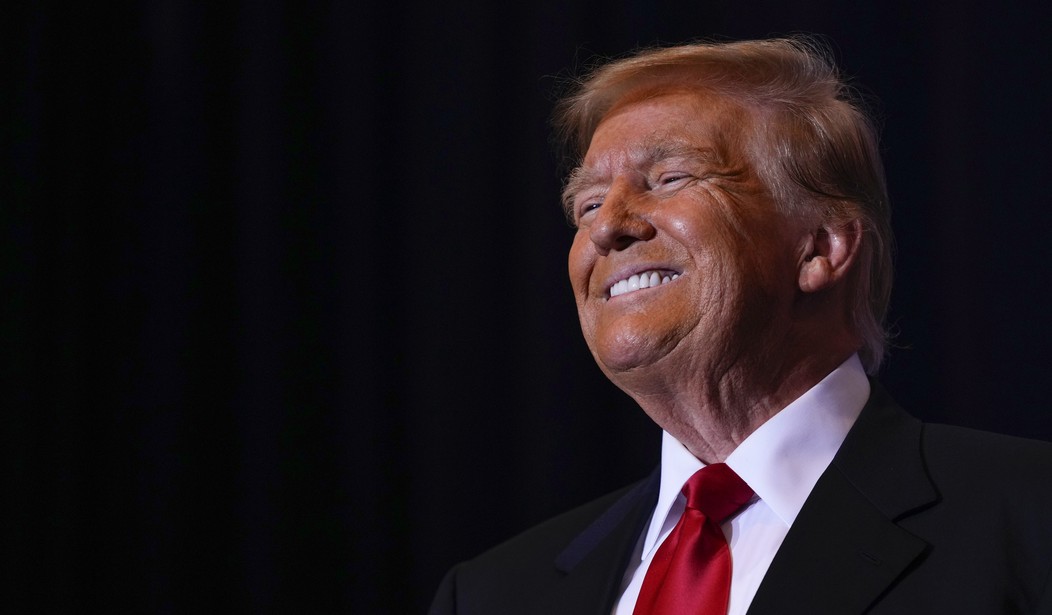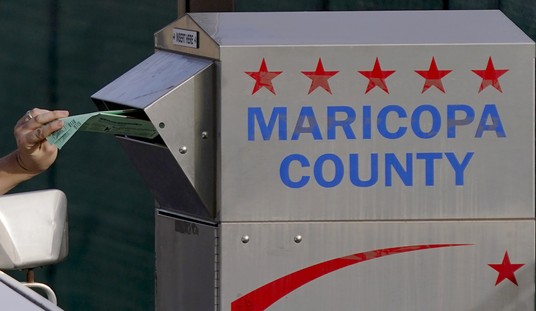On Thursday, New York Attorney General Letitia James initiated steps to seize assets belonging to former President Donald Trump, filing for judgments following a significant civil fraud ruling of over $450 million. The move signaled that James aims to seize Trump's golf course and private estate north of Manhattan, known as Seven Springs.
In the wake of the ruling, Trump has been unable to secure the bond necessary to move to the appeals process, although he proposed posting a $100 million appeal bond instead of the entire $464 million. Despite Trump's lawyers stating that he couldn't gather the large sum before the approaching deadline, the judge rejected the offer.
Read More: New York Attorney General Letitia James Moves to Seize Donald Trump’s Assets After Fraud Judgment
Trump's finances stand to be improved to the tune of $3.5 billion through a proposed merger between Truth Social's parent company and the publicly traded Digital World Acquisition Corp (DWAC). Trump created Truth Social as a conservative social media platform after his infamous and iconic account was banned from Twitter, now known as X, and other platforms after the January 6th riot.
Following a prolonged regulatory approval process that was completed about a month ago, DWAC shareholders prepare to vote Friday on merging with Trump Media & Technology Group. Digital World, a Special Purpose Acquisition Company (SPAC), functions as a conduit for taking private businesses public without the traditional Initial Public Offering (IPO).
The merged entity would be rebranded as Trump Media & Technology Group Corp., symbolized by the stock ticker DJT, reflecting the former President's initials. Trump's potential earnings from this deal are substantial, with a projected 78.8 million shares, and approximately 58 percent ownership of the merged entity. Trump's sizeable stake is based on DWAC's present stock valuation, which could translate into a windfall reaching $3.5 billion.
While $3.5 billion could ease Trump's increasing financial pressures that are stemming from the lawfare that most Americans believe are aimed to prevent Trump's second term in the White House, a "lock-up" provision prevents major shareholders, including Trump, from selling their stock for at least six months post-merger. This common restriction aims to prevent stock dumping that could adversely impact share values.
While the proposed deal is a bright spot for the Republican Presidential nominee, Trump still faces an inability to leverage the stock assets for loans or collateral until the lock-up period expires. An attempt by the company's new board to change this provision post-merger would invite legal challenges and require strong justifications for the benefit of shareholders.
Doubts linger about the long-term success of Trump Media Group due to Truth Social's struggles against bigger platforms to attract both user engagement and advertisers. Modest revenues and expected losses raise questions about the company's high valuation.
This financial reality raises doubts about the company's economic sustainability and the feasibility of Trump's significant financial gains. Furthermore, any moves by Trump to sell his stock after the lock-up period could pose risks, including potential devaluation and negative effects on remaining shares. Between the ongoing legal battles and campaign funding needs, Trump continues to face a complex financial and legal landscape.













Join the conversation as a VIP Member